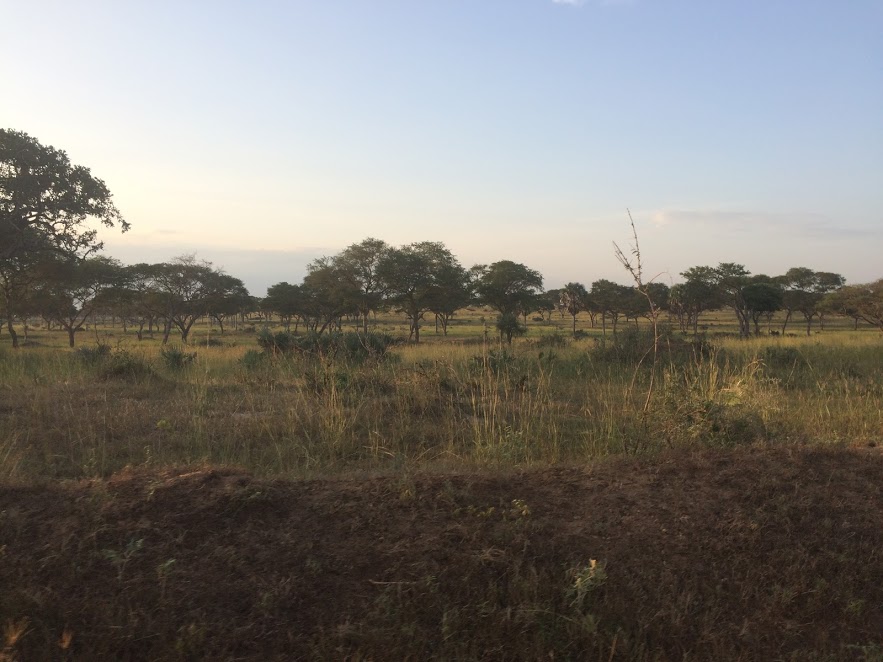
A Day of Running: Marina Miller reflects on working at a refugee resettlement in the Arua district of Northwest Uganda this summer.
By Marina Miller
[divider]
[dropcap]”N[/dropcap]ow you ask yourself, why, if they are here, are you not there?” the ginnery manager, a native Ugandan, asks a crowd of fifty South Sudanese secondary school students from Imvepi, a refugee settlement in the Arua district of Northwest Uganda. My partner and I, American college interns, have finished interrogating the students for our research, and the manager has opened the conversation for them to question us back. He asks again:
“Why them and not you?”
***
[dropcap]I[/dropcap]t is 5:00 A.M. and I want to run. Exhale the frustration, shame, and confusion of being in my body in this place. Punish my body for being so soft, so coddled, so repulsively privileged. Push my body so hard that my mind, out of self-preservation, is forced to be still.
My coworker goes running in the morning. He puts on shorts and jogs through the village. I could join him. My running shorts sit in my bag next to my tennis shoes and two floor-length skirts. But to respect the other women here who choose not to reveal the flesh of their legs, I sit still and allow my mind to run instead.
I run while taking morning tea with two spoonfuls of raw sugar, during sticky afternoon naps, and under big, starry skies. The sugar is slow to dissolve, like the tired memories of months earlier that keep finding their way to me here. The naps, and accompanying dreams, are thick and heavy and hard to shake off. But the stars–I have never seen stars like the stars in Uganda. They are both soft and wispy, a dusting of light, and hard hard hard–coal under pressure. These stars open up space for big thoughts, tear-inducing revelations that always seem to slip away with sleep, soon forgotten in the morning.
***
[dropcap]T[/dropcap]ea-time:
My straight, blonde hair feels “like a pussycat.” The men who sat behind me on the ten hour bus ride from Kampala to Arua took turns stealing touches of it with their fingertips. Their toes, removed from their sandals, also reached forward to explore my exposed calves while I looked out the window, searching for something familiar: mountains, silos, my mother. Miles of flat grassland and a languid herd of long-horned cattle stared back at me questioningly.
Afternoon nap:
There is loneliness in labored communication. I want to say, “I see you” but instead it comes out “I am looking at you.” I am told that I swallow my words. I speak “soft English” while the English of Ugandans is “hard.” I consider how to sharpen my lazy American tongue.
Night sky:
Instead of asking, “Are you afraid,” my Ugandan friends ask me, “Are you fearing?” and I think of Southern evangelical preachers shouting for the revival of “God-fearing” Christians. I look for God. Is He in the rain? Because it has not come yet, and the farmers are nervous. They say to me, “God is punishing us.” The Nile River, or the River Nile, as Ugandans say, is within sight of my home. I thought God might be there, but then I heard the mourners of a drowned man scream.
I did not stand up and introduce myself in front of the Catholic church, accidentally offending the local authorities. My coworker tells me to pray for a laptop charger to work again. (It does not). While sitting on the ground to meditate, a spider bites the back of my thigh and it swells up, hard, red and painful.
“Why them and not you?”
I want to ask God to answer this question too.
[hr]
Marina Miller is a junior in Davenport College. You can contact her at marina.miller@yale.edu.